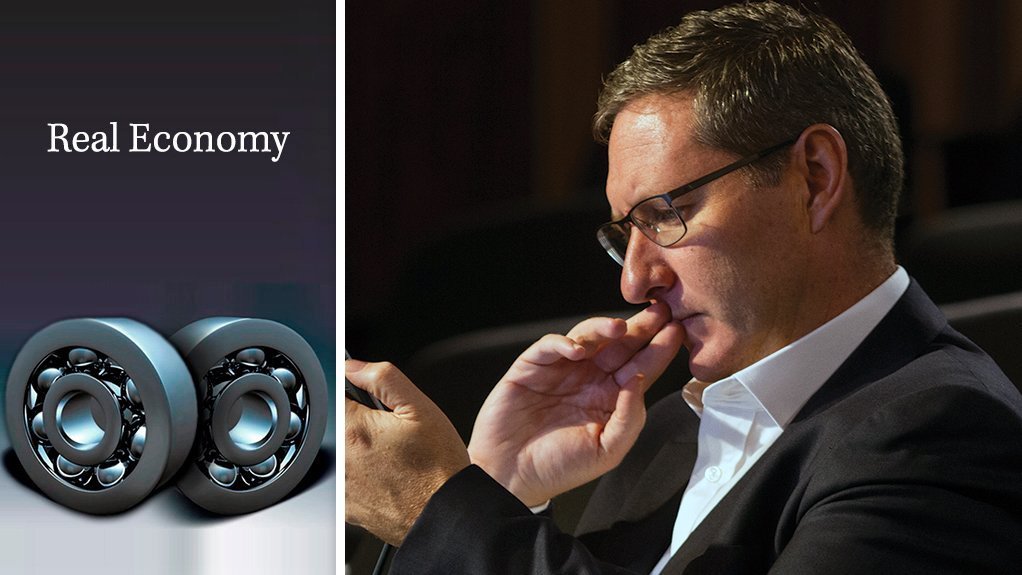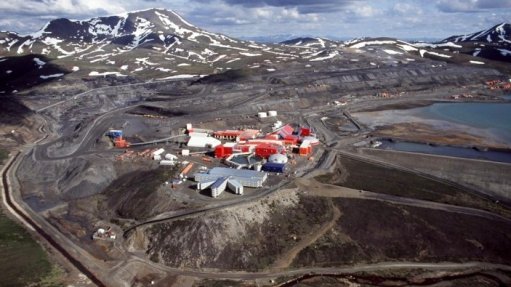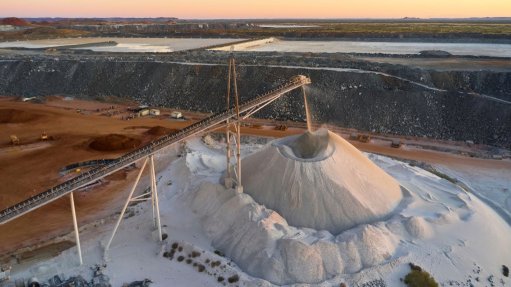Industry at a crossroads
South Africa’s electricity sector, from generation to distribution, is at a crossroads. The traditional business model is being disrupted and not merely by the introduction of utility-scale independent power producers.
Globally, the disruption of the industry is no longer driven only, or even primarily, by policies aimed at facilitating a decarbonisation of electricity systems. Increasingly, it’s propelled by consumer choice. Easily accessible generation technologies, such as rooftop solar systems, have become more affordable, battery energy storage is becoming cheaper and digital solutions are emerging that empower individuals to manage and extract value from their ‘behind-the- meter’ assets. Some digital tools are also being deployed to create ‘platforms’ that allow for asset aggregation, which further enhances the distributed-infrastructure value proposition – besides the sale of electrons, ‘prosumers’ who have also invested in storage are now also able to offer network services.
Behind-the-meter investments are still a marginal phenomenon in South Africa. However, the combination of formidable solar resources, falling self-generation and storage costs, sharply rising tariffs and deep-seated frustration with Eskom and municipal distributors are a recipe for accelerated adoption. Commercial enterprises and shopping malls are already installing rooftop solar systems, despite the absence of a generalised framework allowing for the sale of excess generation into the grid. Yet more consumers are expected to vote with their feet should Eskom’s tariffs rise at the rate outlined in its latest application to the regulator.
There are clear signs that the changes under way are exacting a toll on industry incumbents. Eskom’s financials are in a pre- carious state and electricity-related municipal arrear debt is at record levels.
For this reason, urgent policy and regulatory action is needed to ensure that the country avoids a potentially destructive and unplanned restructuring process. The worst-case scenario would be one where consumers with means opt out entirely, leaving the poor to bear the brunt of a failing industry. Such large-scale grid defection would also be suboptimal from an economic perspective, as a well functioning grid is key to ensuring a least-cost, or, at the very least, a competitive electricity industry. This is as true for the future decentralised industry structure as it is for the current centralised model.
Therefore, policymakers should be making every effort to ensure continued integration by highlighting the benefits to consumers of grid integration and the downsides of defection. This will mean major changes to the way tariffs are structured, but it will probably also require the creation of incentives to ensure that behind-the-meter investors remain grid-integrated.
The threats are obvious, but far-sighted policy changes would go a long way towards opening the electricity industry to new participants – large and small. By integrating many of the changes already taking place elsewhere, investment and business opportunities will be created that, until recently, would not even have been contemplated.
Article Enquiry
Email Article
Save Article
Feedback
To advertise email advertising@creamermedia.co.za or click here
Announcements
What's On
Subscribe to improve your user experience...
Option 1 (equivalent of R125 a month):
Receive a weekly copy of Creamer Media's Engineering News & Mining Weekly magazine
(print copy for those in South Africa and e-magazine for those outside of South Africa)
Receive daily email newsletters
Access to full search results
Access archive of magazine back copies
Access to Projects in Progress
Access to ONE Research Report of your choice in PDF format
Option 2 (equivalent of R375 a month):
All benefits from Option 1
PLUS
Access to Creamer Media's Research Channel Africa for ALL Research Reports, in PDF format, on various industrial and mining sectors
including Electricity; Water; Energy Transition; Hydrogen; Roads, Rail and Ports; Coal; Gold; Platinum; Battery Metals; etc.
Already a subscriber?
Forgotten your password?
Receive weekly copy of Creamer Media's Engineering News & Mining Weekly magazine (print copy for those in South Africa and e-magazine for those outside of South Africa)
➕
Recieve daily email newsletters
➕
Access to full search results
➕
Access archive of magazine back copies
➕
Access to Projects in Progress
➕
Access to ONE Research Report of your choice in PDF format
RESEARCH CHANNEL AFRICA
R4500 (equivalent of R375 a month)
SUBSCRIBEAll benefits from Option 1
➕
Access to Creamer Media's Research Channel Africa for ALL Research Reports on various industrial and mining sectors, in PDF format, including on:
Electricity
➕
Water
➕
Energy Transition
➕
Hydrogen
➕
Roads, Rail and Ports
➕
Coal
➕
Gold
➕
Platinum
➕
Battery Metals
➕
etc.
Receive all benefits from Option 1 or Option 2 delivered to numerous people at your company
➕
Multiple User names and Passwords for simultaneous log-ins
➕
Intranet integration access to all in your organisation





















